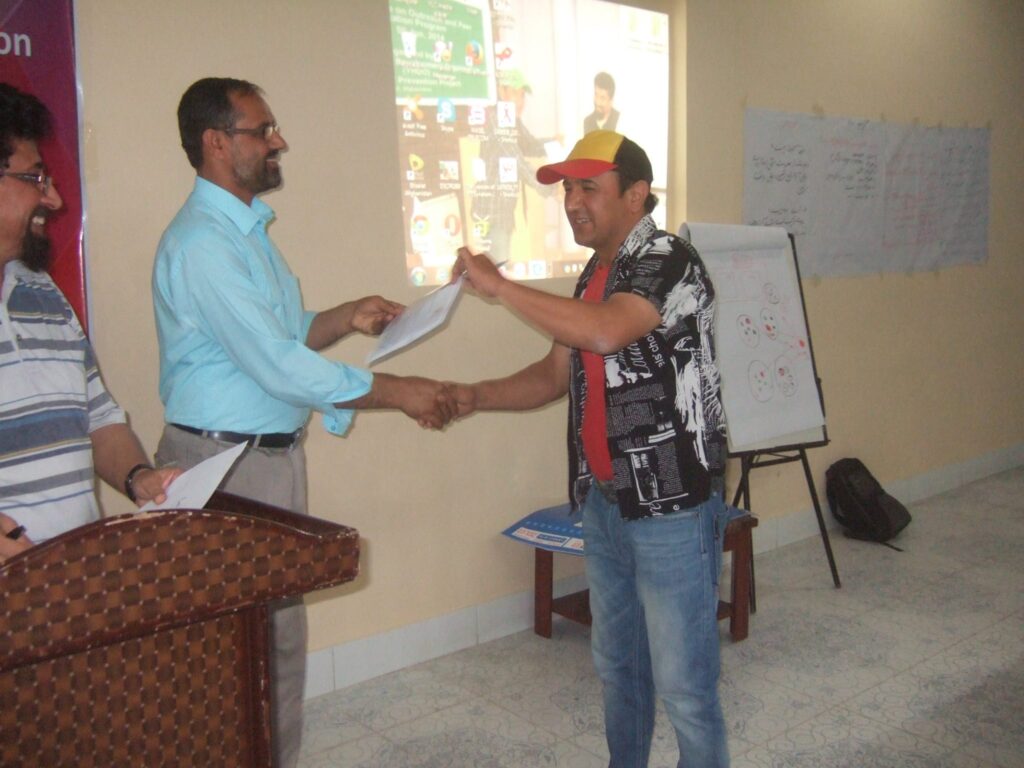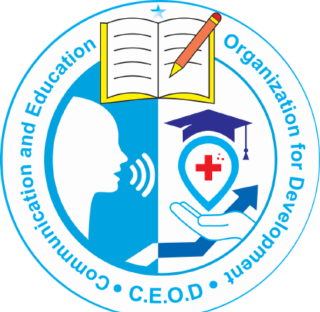
Education:
There are many contributing reasons, but poverty remains the most significant barrier. Political instability, conflict, violence, migration, and even areas susceptible to natural disasters all substantially impact a child’s access to education. Without quality education, children are less likely to have the resources to build sustainable livelihoods, further trapping them in the cycle of poverty.
Interventions:
Creating coordination between educational sectors
Enrolling out-of-school children in school and community education centers and raising awareness of the importance of education
Providing of learning materials for students
Creating an internship Innovation system for university students
Translation
Interpretation
Reduce cultural and linguistic barriers
Processing applications
Connect families with resources
Youth engagement and development
Transportation
Technology support
Mentorship
Outreach to navigate families to participate workshops
Tutoring and literacy education
Students and parents orientation

Training:
• Vocational training in most parts of the country will support small businesses to reduce poverty and create job opportunities for vulnerable people
• We train people from local communities, national, regional, and local governments, and non-governmental groups, including health professionals, helping them to get enough knowledge regarding infectious diseases and infection prevention and preparing them for emergencies.
